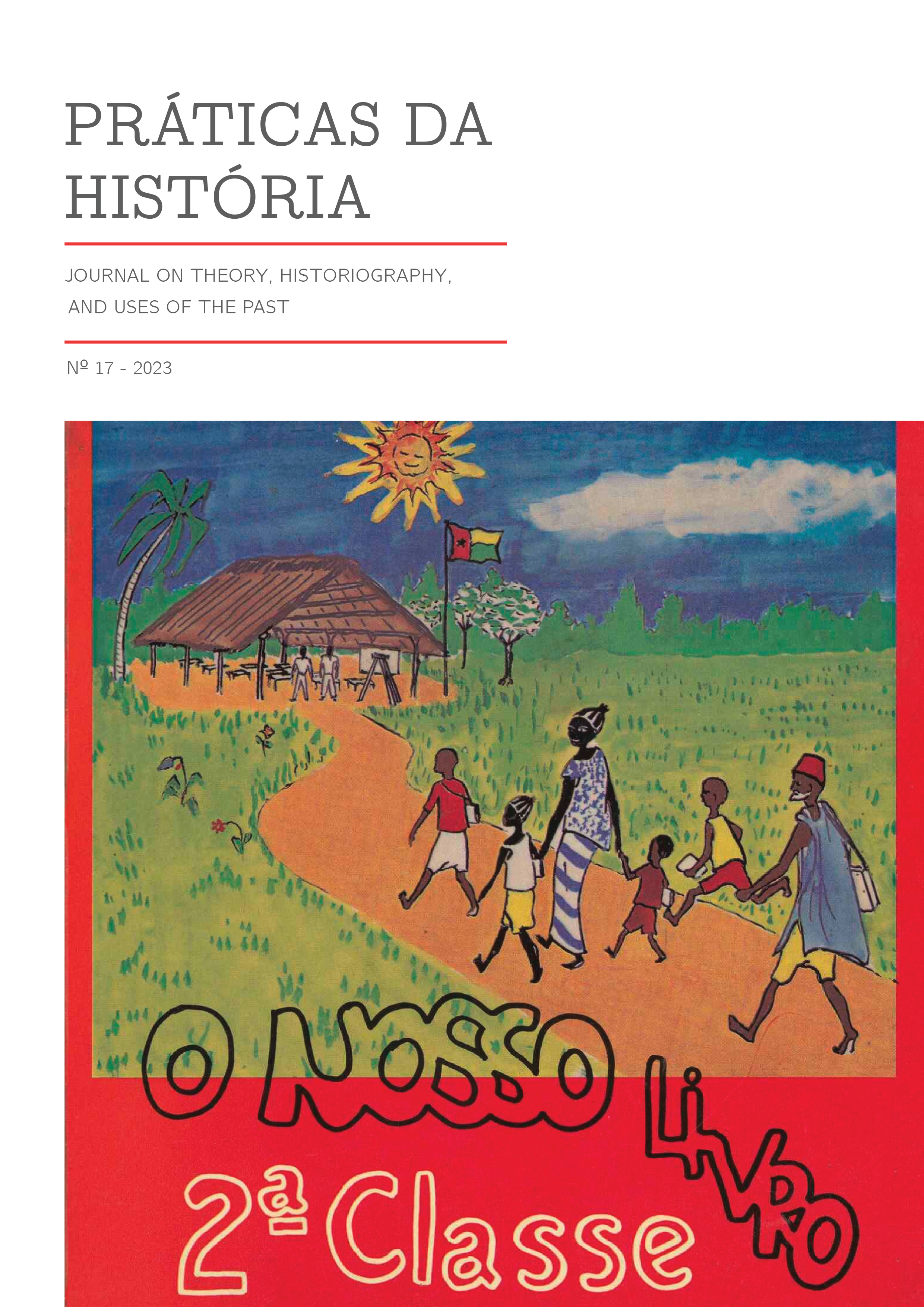Representations of Portugal in Cape Verdean Elementary School Textbooks (1975-1990)
DOI:
https://doi.org/10.48487/pdh.2023.n17.33132Keywords:
Cape Verde, independence, school textbooks, colonial educational system, social representations, PAIGCAbstract
The African Party for the Independence of Guinea and Cabo Verde (PAIGC) planned to build a new education system, combating colonial legacies. A content analysis of ten primary school textbooks adopted in Cape Verde between 1975 and 1990 on how they represented Portugal is a relevant angle to ascertain the fulfilment of this desideratum.
In the reading textbooks adopted in 1975, there is no reference to Portugal as a former colonizer. In the history textbook of the same period, the Portuguese are characterized as peoples who committed “crimes against the dignity of the human being”, who “did not respect our people”, and authors of “barbaric exploitation”.
In the textbooks of the early 1980s, there are rare incidences on colonization. The approximation of Cape Verde’s historical and cultural values to Portugal is noteworthy, in close parallelism with diplomatic and cooperation interests with Portugal.



